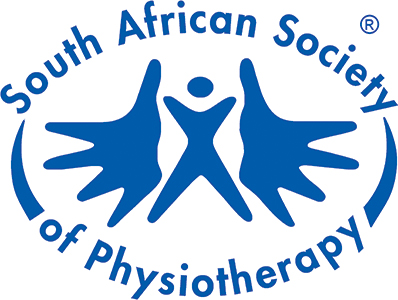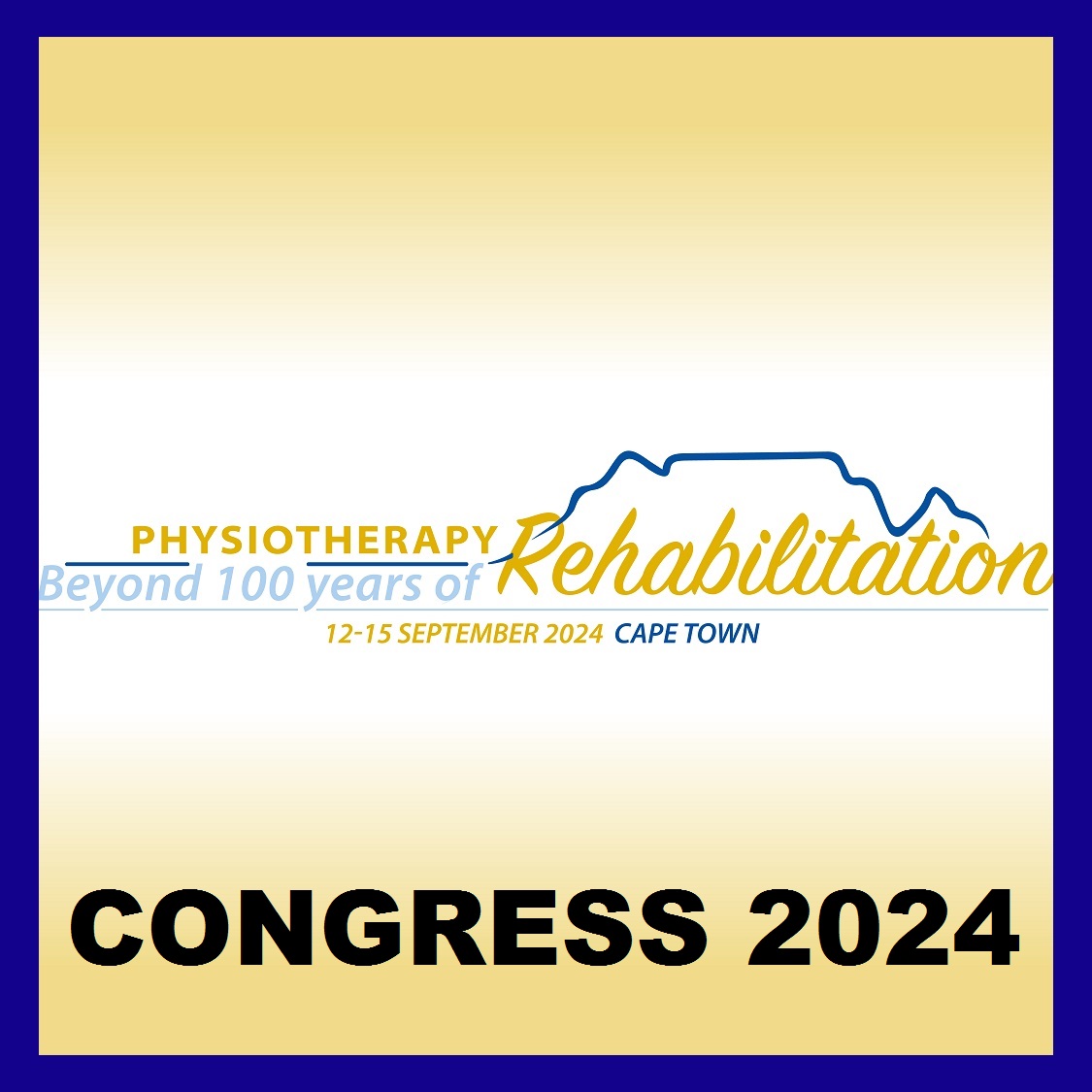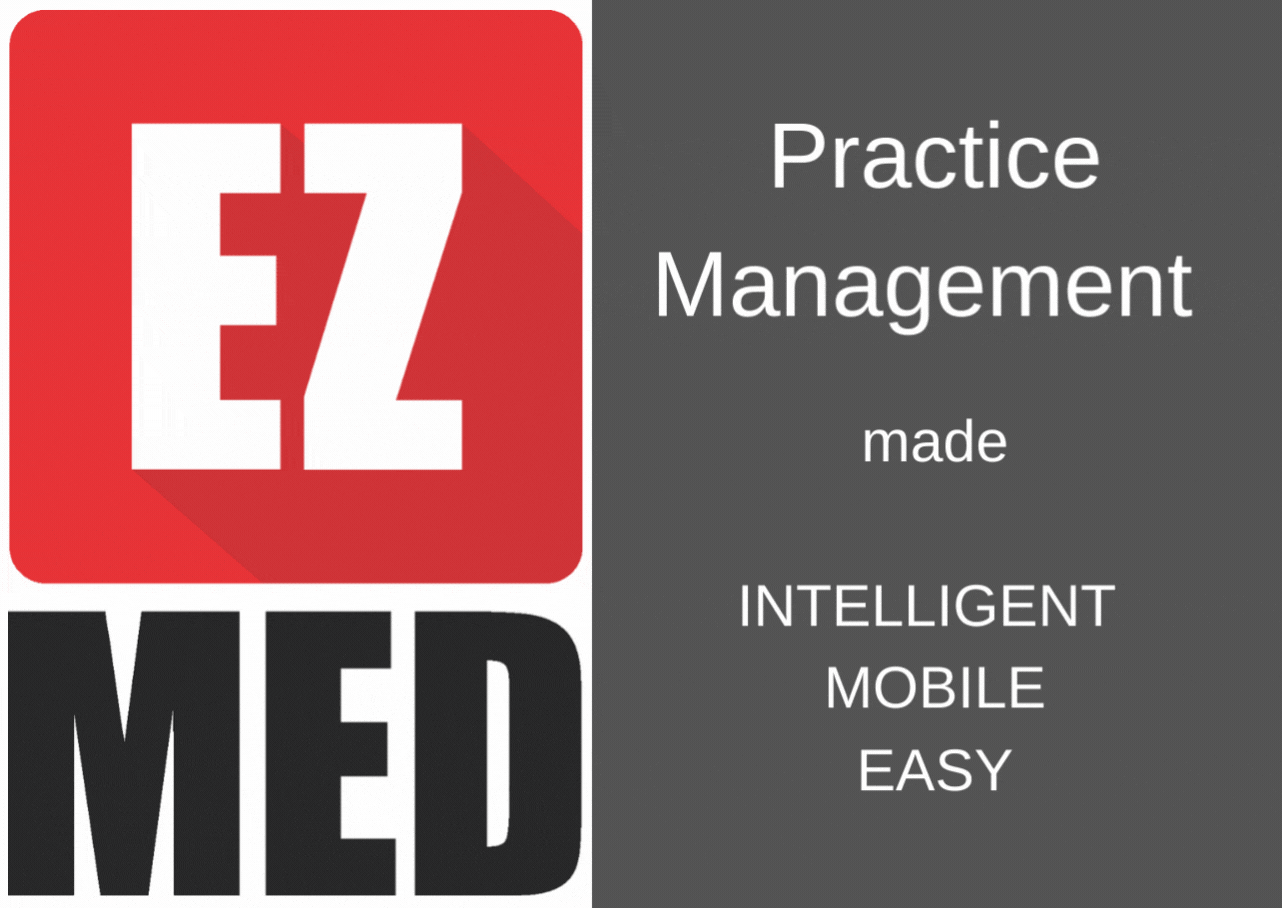Physiotherapists can play an important role in helping to treat children with asthma, hay fever (rhinitis) and sinusitis and can help to support their parents with advice on how best to manage the condition.
Asthma is dangerous if not managed correctly, as an acute asthma attack can cause complete constriction of the airway, making it impossible to breathe air into the lungs. In asthma, the airways are hypersensitive and any irritation triggers the airway spasm and excessive mucus secretions.
Childhood asthma can be an allergic reaction and be triggered by allergies for wheat, egg, dust mites, animal hair and dandruff and milk (lactose allergy) or non-allergic and could be exercise-induced or stress-related. In some cases, childhood asthma is a combination of both allergic and non-allergic.
Allergic hay fever (rhinitis) is the acute inflammation of the mucus membranes of the nasal passages, whereas sinusitis is the acute and episodic inflammation and infection of the mucus membranes of the internal sinuses. Just like asthma, the sinuses are over-sensitive and react to environmental triggers and infection by becoming inflamed, swollen and producing excessive mucus secretions. A blocked or runny nose can irritate the inner ear canals and throat.
Recurrent sinusitis can lead to membrane growths, known as polyps, enlarged adenoid glands at the back of the throat, headaches and inner ear infections.
Managing asthma, rhinitis and sinusitis
Managing these conditions include eliminating environmental triggers, such as allergens, stopping any infection, and using medicines to decrease the irritation, such as anti-histamines, saline sprays and nebulisation. It is always advisable to boost the child’s immune system with Vitamin C and natural immune booster supplements.
Asthmatics need preventative medication, such as corticosteroids or leucotrine inhibitors, as well as acute rescue-pumps known as beta-antagonists. A spacer can be attached to the asthma pump to ease inhalation of the medication in very young children.
Physiotherapists can help support patients by providing chest physiotherapy and breathing exercises as well as self-management skills for asthmatics.
Physiotherapists are trained professionals and first-line practitioners, which means that you do not have to be referred by a doctor to make an appointment with a physiotherapist. Physiotherapists can play an important role in supporting and educating parents on managing asthma, hay fever and sinusitis in children.
Information from the SASP Paediatric Physiotherapy Group.
E-mail address: paedssig@saphysio.co.za







